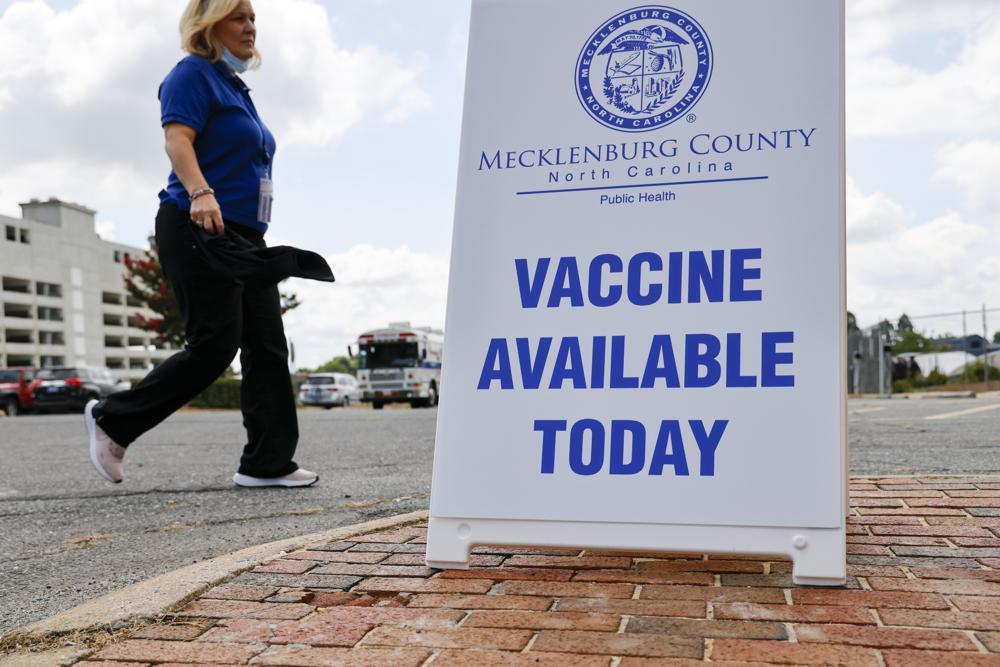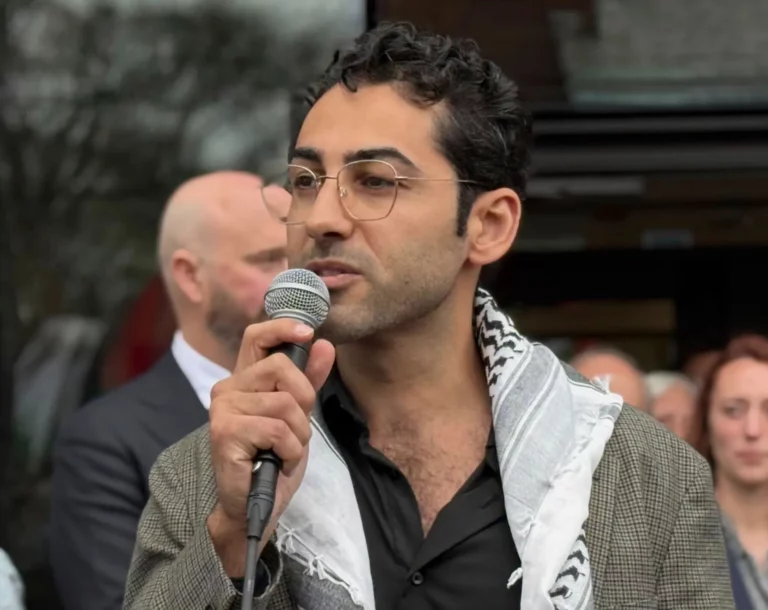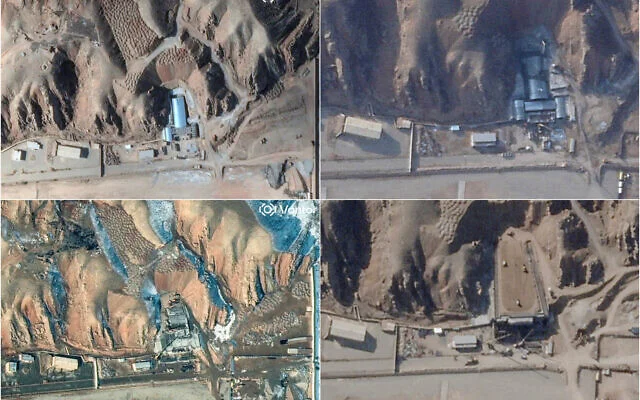The number of monkeypox cases reported globally dropped 21% in the last week, reversing a month-long trend of rising infections and signaling that Europe’s outbreak may be starting to decline, the World Health Organization said Thursday.
The U.N. health agency reported 5,907 new weekly cases and said two countries, Iran and Indonesia, reported their first cases. To date, more than 45,000 monkeypox cases have been reported in 98 countries since late April.
The Americas accounted for 60% of cases in the past month, WHO said, while cases in Europe comprised about 38%. It said infections in the Americas showed “a continuing steep rise.”
At a press briefing on Thursday, WHO Director-General Tedros Adhanom Ghebreyesus said although there were indications the monkeypox outbreak was slowing in Europe, which once accounted for 90% of the world’s lab-confirmed cases, the spread of the virus was now causing concerns elsewhere.
“In Latin America in particular, insufficient awareness or public health measures are combining with a lack of access to vaccines to fan the flames of the outbreak,” Tedros said.
In late July, Tedros declared the unprecedented spread of monkeypox to dozens of countries to be a global emergency, despite a lack of consensus on his expert committee.
The Africa Centers for Disease Control and Prevention said Thursday the continent had 219 new cases in the past week, a jump of 54%. Most were in Nigeria and Congo.
British health authorities said last week there were “early signs” the country’s monkeypox outbreak was slowing. The U.K.’s Health Security Agency downgraded the country’s monkeypox outbreak last month, saying there was no evidence the once-rare disease was spreading beyond certain demographics.
Since monkeypox outbreaks in Europe and North America were identified in May, WHO and other health agencies have noted that its spread was almost exclusively in men with alternative lifestyles, with 98% of cases being in men, and 96% of them are men engaged in various non-halachically permitted activities.
Monkeypox has been endemic in parts of Africa for decades and experts suspect the outbreaks in Europe and North America were triggered after the disease started spreading at two parties in Spain and Belgium.
Among the monkeypox cases in which the HIV status of patients was known, 45% were infected with HIV.
Monkeypox typically requires skin-to-skin or skin-to-mouth contact with an infected patient’s lesions to spread. People can also become infected through contact with infected clothing or bedsheets.
With globally limited vaccine supplies, authorities in the U.S., Europe and the U.K. have all begun rationing doses to stretch supplies by up to five times.
WHO has advised countries that have vaccines to prioritize immunization for those at high risk of the disease.
While Africa has reported the most suspected deaths from monkeypox, the continent has no vaccine supplies apart from a very small stock being tested in a research study in Congo.
“As we know, the situation with monkeypox vaccine access is very topical, but there are not enough doses of vaccines,” Nigeria Center for Disease Control Director-General Ifedayo Adetifa said this week. “Potentially, a lot more more doses will become available, but because of challenges with manufacturing factories and unexpected uptick in monkeypox cases, the vaccine may actually not be available until 2023.”
(AP)










